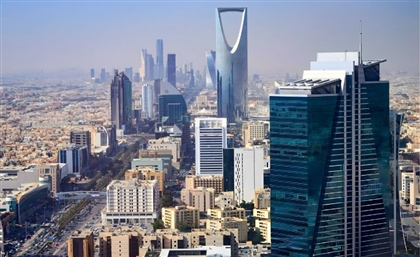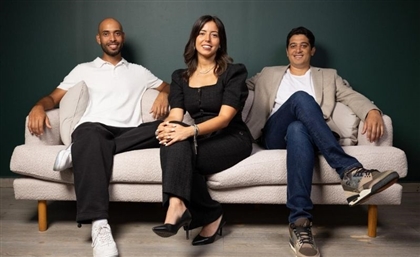7 Unspoken Rules in MENA’s Business Etiquette
Wondering why your business relationships are not going very well? You might find why in this list.

Holding business meetings in the Middle East and North Africa is quite different than how meetings are done in Silicon Valley for example, where if you're on time for a meeting you're simply not punctual enough. The MENA region is a region of paradoxes. While it gets wretched by air strikes in Syria, it is struck with investments in the UAE. We speak to entrepreneurs immersed in the MENA's business sector who tell us serious rules to follow and sarcastic rules that people in the region seem to have collectively created, forming a business etiquette only Middle Eastern would relate to.
1. Pointing your shoe down
No one wants to look rude in a meeting, especially with their superiors or potential investors. The CEO and founder of MENA's largest investments data platform, Magnitt, Philip Bahoshy, tells Startup Scene that one of the plenty things that he finds impolite and is considered disrespectful to others is pointing your shoe sole to his face. "When crossing your legs, never show the sole of your shoe to your client or in fact anyone in the room," Bahoshy says. "Always have your leg and shoes pointing downwards." Some would argue that Bahoshy is actually very flexible with this rule; many of the businesspeople across the Middle East regard crossing legs altogether as impolite.
2. Giving priority to the people on the right
Based on the global norm-turned-law, driving, cycling, or walking on the right hand-side comes by default. Even in the business world, people tend to walk up and down corridors of their offices following the same rule. Bahoshy says that people should always give way to people on their right hand-side. "As a sign of respect, when opening doors and walking through walkways, always give priority to people on your right and accept to walk forward if you are on the right," he elaborates.
3. Shaking hands
Religion is a key pillar in everything a regular Middle Eastern does, even gestures. Some schools of Islamic thought prohibit Muslims from shaking hands with the opposite sex, except for of course first-blood relatives. "During a meeting, you might encounter a religious CEO who would turn your hand shake down," says Rana El-Faramawy co-founder ABn'G World, the high-end interior design department store doing makeovers in Downtown Cairo and other places across the capital.
4. Dropping names
Even in non-business gatherings, a person who constantly mentions he knows 'this' and 'that' popular person can come across as arrogant. Inspired by her experience with a wide range of business stereotypes, El-Faramawy has reached a conclusion that dropping names make people feel privileged, while in fact it makes them look bad. "People have the need to deal with the owner, always," she says.
5. Hiring candidates according to budget not quality
We speak with Shadi Kamal, CEO and founder of Godayuse, a service that unravels each city's best attractions without travel. Kamal believes that one of the most unspoken rules in the Middle Eastern business ecosystem is hiring candidates according to companies' budget rather than quality. "Although [these companies] seek the best work quality from [the hired candidates] and then they [complain] about how hard [it is] to hire the needed employees to improve their business," he elaborates to Startup Scene.
6. Running your business without a clear scaling plan
Running a business without a clear scaling plan is a very common theme in the Middle East. "There are many examples in Egypt showing [that] companies disappeared because they were not able to improve or change the product to match the current market competition," Kamal says.
7. Being patient
The main problem Kamal believes to be is related to seeking the best work quality, best product quality, best planning and strategy quality without offering the best budget or the needed time frame. "So, they expect to receive the best thing but with low budget or with requesting things to be done in a very short period of time," he says. "Then they speak loudly about the quality and unprofessionalism they are experiencing and this is common in the Middle East specially after the devaluation of the Egyptian pound in 2016."
It is safe to say that the Middle East has got great potential but at the same time misses out on investing enough time, money, efforts and qualifications to build successful business models. Join the conversation and tell us what unspoken rules you find at your workplace.
Photo by Pepijn Leupen (CC)






















